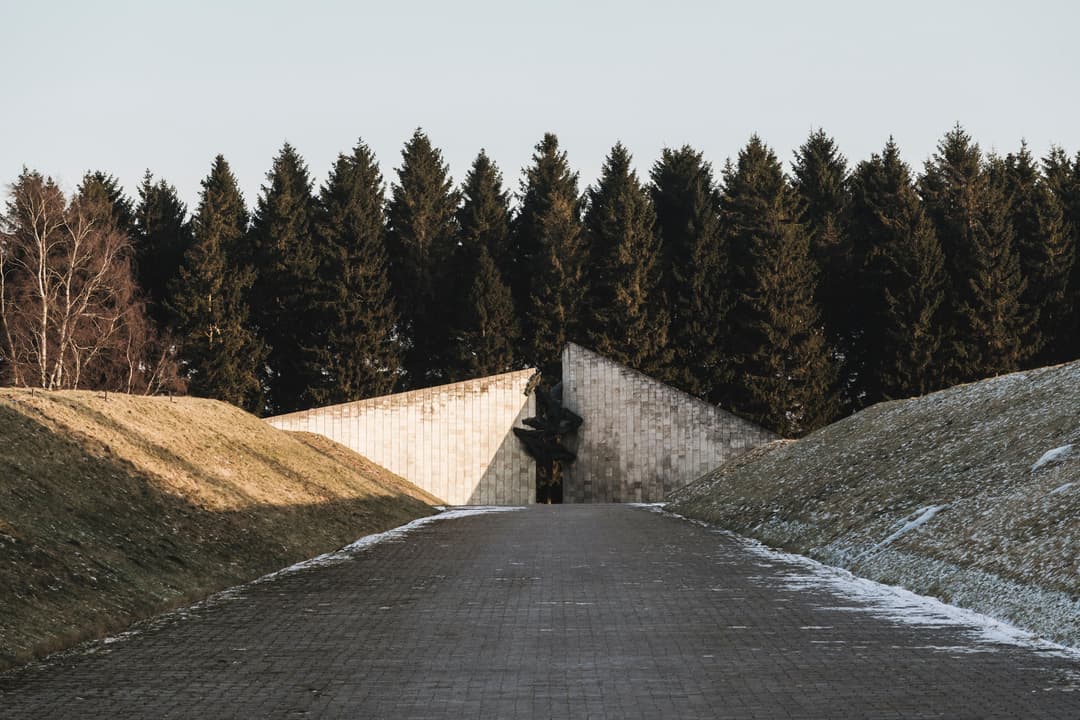
Memory, Don't Speak! Monumental neglect and memorial sacrifice in contemporary Estonia
Cultural Geographies 2021
This article discusses how monuments exist in time, conceptualising memory politics in relation to monumental neglect and lack of maintenance work. It foregrounds the ages of memory by studying how forgetting is inscribed on Soviet cultural heritage and engendered through crumbling materiality in Estonia – as a slow-motion sacrifice.
The research focuses on the Maarjamäe memorial in Tallinn, which is composed of a Soviet monumental landscape design, a cemetery of German soldiers, a Russian palace currently hosting the Estonian History Museum, and the newly built memorial of Victims of Communism. It shows how the landscape memorial has been devalued by the political work of disrepair and institutional neglect, presenting the socialist past as something separated from the present.
New developments in this site will potentially change its situation of abandonment, since the construction of a novel antagonist element, the memorial of Victims of Communism, might produce a more attentive maintenance of the Soviet monumental design (adding another layer of meaning), or its final demolition in turn (producing a haunting afterlife).
The Maarjamäe case shows that memorials never simply speak for themselves and are, instead, multiple and contested in meaning. It also suggests that if the tidiness of a memorial is the reminder of an obligation to remember, then its neglect can be but an invitation to forget, or to remember badly.
Keywords: condemnation of memory, forgetting through neglect, materiality of memory, memory politics, politics of disrepair, wasted legacies
